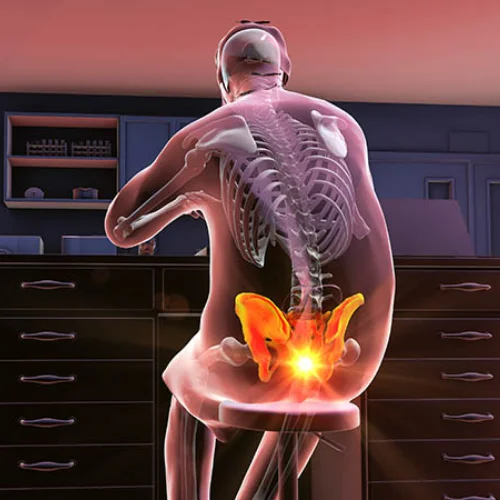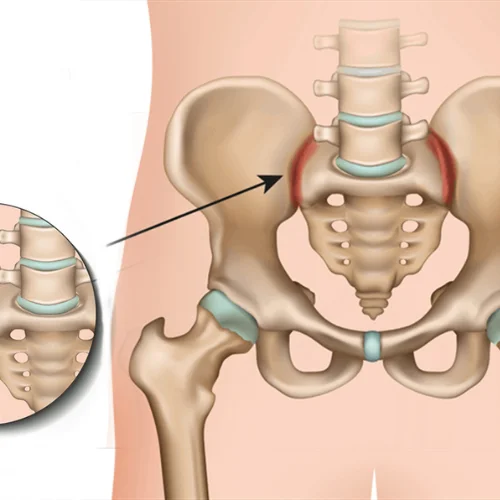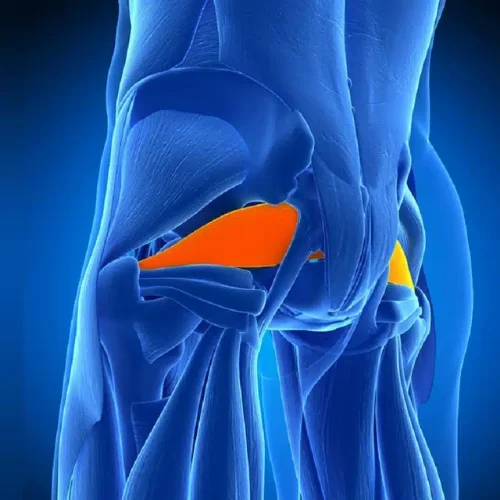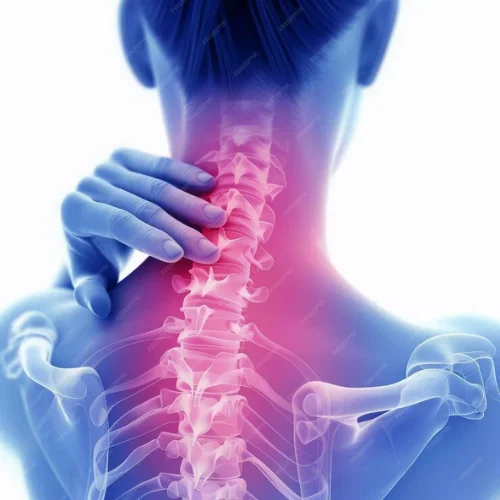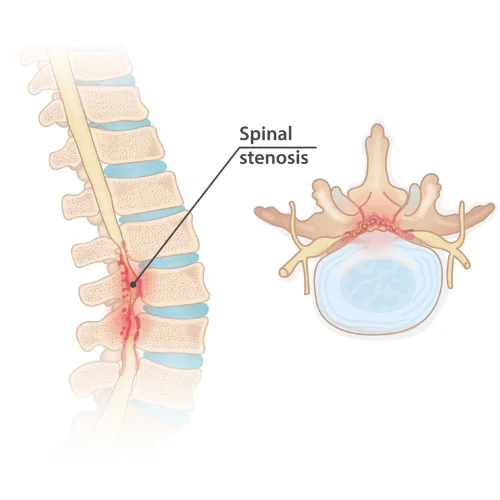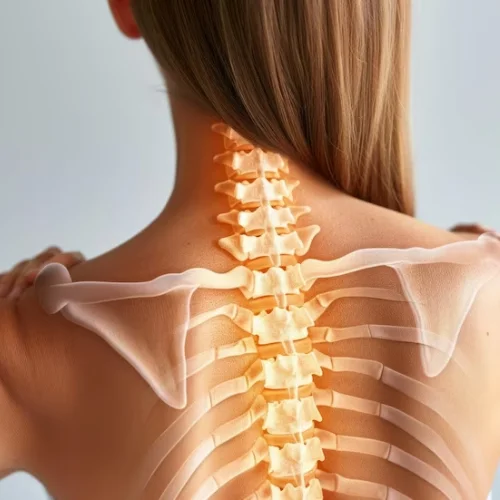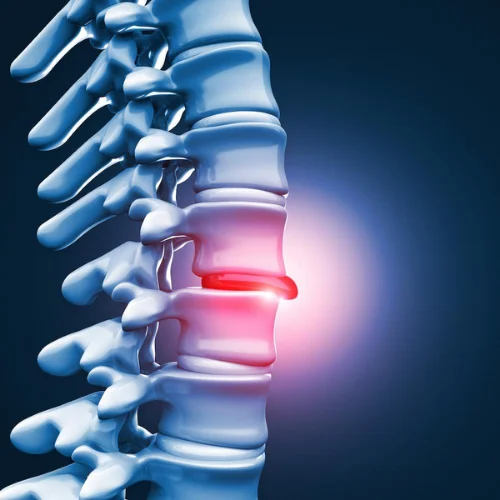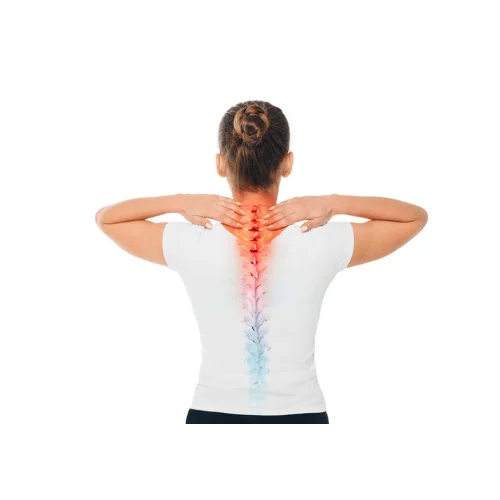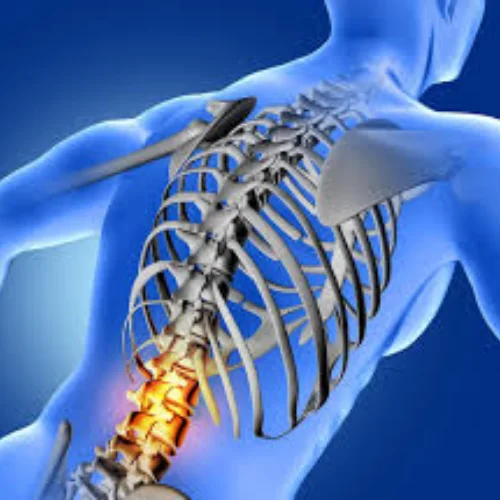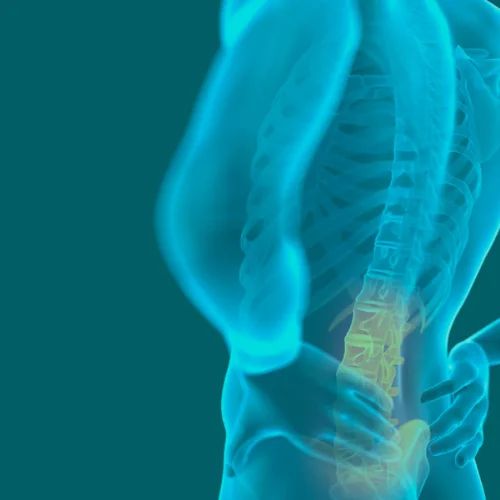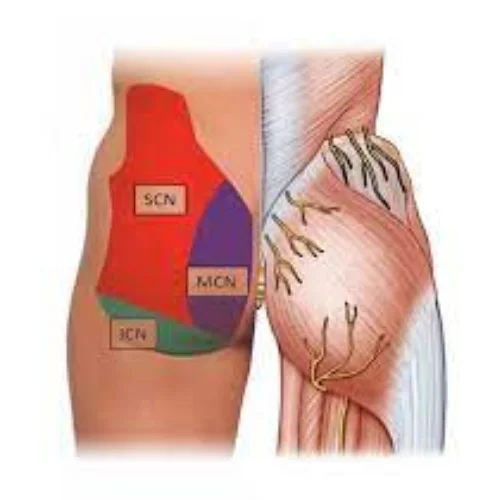Working Time
Working Time
Book Appointment
Book Appointment
+
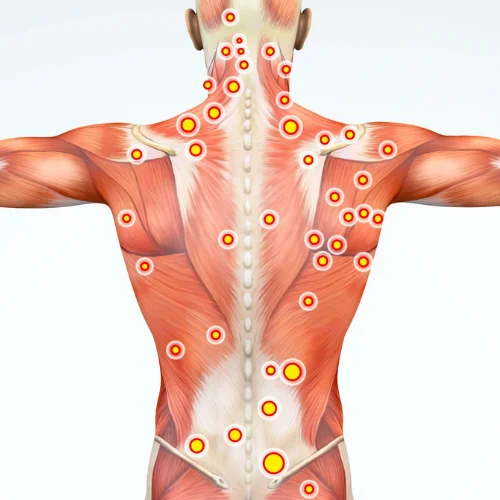
Comprehensive Guide to Myofascial Pain Syndrome: Symptoms, Diagnosis, and Treatment
Myofascial Pain Syndrome (MPS) is a chronic pain disorder marked by pain in the muscles and referred pain in distant parts of the body, emanating from sensitive points known as trigger points. This guide details the symptoms, diagnosis, and multifaceted treatment approaches for MPS, aiming to provide relief and improve patient outcomes.Understanding Myofascial Pain Syndrome
MPS is characterized by the development of trigger points due to repetitive muscle contractions, often arising from physical activities, stressful jobs, or chronic muscle tension. The condition can lead to persistent or escalating discomfort over time.Symptoms of Myofascial Pain Syndrome
Identifying MPS early is crucial for effective management. Key symptoms include:- Deep, aching pain in a muscle.
- Persistent or worsening pain.
- A tender knot in a muscle.
- Difficulty sleeping due to pain.
Diagnosing Myofascial Pain Syndrome
Diagnosis of MPS is challenging, as there are no definitive tests. A combination of physical examination and diagnostic tests, such as X-rays, MRI scans, or electromyography (EMG), may be utilized to exclude other causes of pain and identify trigger points, muscle stiffness, or weakness.Comprehensive Treatment Options
Treatment for MPS encompasses a variety of strategies designed to alleviate pain and address the root causes of muscle tension.- Trigger Point Injections: Local anesthetic injections to reduce pain and muscle tension in trigger points.
- Interfascial Plane Blocks: Local anesthetic injections to block nerve signals and decrease inflammation in the interfascial planes.
- Dry Needling: Insertion of thin needles into muscle tissue to stimulate healing and relieve tension.
- Spray and Stretch: Combining a cooling spray with gentle muscle stretching to improve flexibility and reduce tension.
- Manual Therapy: Techniques like massage, myofascial release, and soft tissue mobilization to relieve pain and improve mobility.
- Physical Therapy: Tailored exercises focusing on stretching, strengthening, posture correction, and ergonomic modifications to improve function and prevent future pain.
- Lifestyle Modifications: Stress management, ergonomic improvements, and regular exercise to prevent symptom exacerbation.
- Education and Self-Care: Teaching patients about MPS and self-care techniques for active symptom management.
Customized Care at Dr. Tushar's Clinic
At Dr. Tushar's Clinic, we prioritize developing personalized treatment plans for MPS, tailored to each patient's specific needs, preferences, and medical history. Our approach is holistic, combining physical therapies, lifestyle adjustments, and patient education to empower individuals in managing their condition effectively.Conditions



